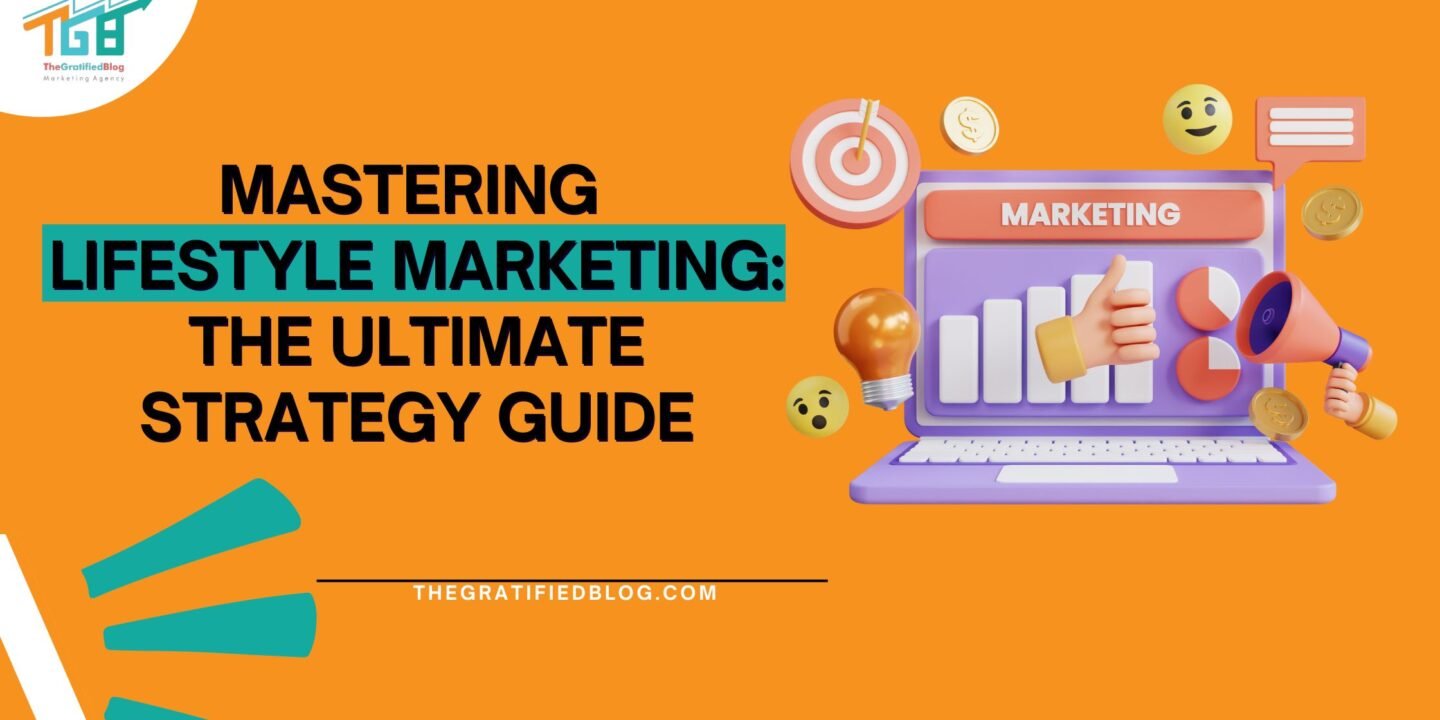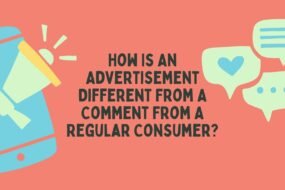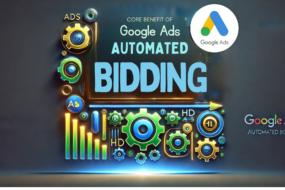
In the ever-changing marketing landscape, businesses continually explore inventive methods to captivate their target audience and create lasting impressions. Traditional marketing strategies often focus solely on the functional aspects of products and services, but today’s consumers are looking for more than just features and benefits. They want brands that resonate with their lifestyles, values, and aspirations. The change in consumer expectations has resulted in the emergence of lifestyle branding, a powerful approach that goes beyond selling products to create emotional connections with consumers.
In this blog post, we’ll delve into the world of lifestyle marketing, exploring its principles, strategies, and impact on modern businesses.
What Is Lifestyle Marketing?
Lifestyle marketing is a strategy that centers around promoting a brand, product, or service by aligning it with a particular lifestyle or set of values that resonate with a target audience. Instead of just emphasizing a product’s functional features and benefits, Lifestyle-driven marketing seeks to create a solid emotional connection with consumers by associating the brand with their aspirations, interests, and way of life.
The Key Principles Of Lifestyle Marketing
To effectively implement Lifestyle-oriented advertising, businesses need to embrace several fundamental principles:
a) Know Your Audience
Lifestyle branding begins with a deep understanding of your target audience. Who are they? What are their values, interests, and aspirations? What challenges do they face in their daily lives? By answering these questions, brands can create messages and products that genuinely resonate with their audience.
b) Create an Authentic Brand Persona
Authenticity is crucial in Lifestyle-focused advertising. Brands should strive to be genuine and transparent in their communications. Faking a lifestyle or values can backfire, as consumers quickly detect insincerity. A brand’s persona should align with its values and the values of its audience.
c) Storytelling
Lifestyle marketing relies heavily on storytelling. Brands should craft narratives that evoke emotions and create a sense of belonging. These stories can revolve around the brand’s history, mission, or the experiences of its customers.
d) Consistency Across Touchpoints
A lifestyle brand’s message should be consistent across all touchpoints, including social media, websites, advertising, and customer interactions. This consistency helps reinforce the brand’s identity and values.
e) Inspire Aspiration
Lifestyle branding often appeals to consumers’ aspirations. It shows them how a product or service can help them achieve their desired lifestyle, whether healthier, more sustainable, or more luxurious.
Successful Lifestyle Marketing Campaigns
Several successful brands have mastered the art of lifestyle advertising. Here are a few examples of Lifestyle Marketing and how it works:
a) Apple

Apple is a prime example of a brand that has successfully tapped into lifestyle marketing. They sell computers, phones, and a sleek, minimalist, and creative lifestyle. Their marketing materials focus on how their products can enhance users’ lives, making them more creative, productive, and connected.
b) Patagonia

Patagonia, an outdoor clothing company, has built its brand around environmental and social responsibility. Their marketing encourages consumers to embrace an outdoor, adventure-filled lifestyle while emphasizing their commitment to sustainability.
c) GoPro

GoPro’s lifestyle marketing revolves around capturing and sharing epic moments. Their products let users document their adventures and experiences, turning ordinary individuals into action heroes.
d) Red Bull

Red Bull’s marketing is all about energy, excitement, and pushing the limits. They sponsor extreme sports events and create content that aligns with their “gives you wings” lifestyle.
Lifestyle Marketing Strategies
Implementing Lifestyle-driven marketing strategies requires a thoughtful approach. Here are a few approaches that businesses can embrace:
User-Generated Content
Inspire customers to share their product experiences or services on social media. This builds a community around your brand and provides authentic content that showcases how your offerings fit into their lives.
Influencer Partnerships
Collaborate with influencers who embody the lifestyle your brand represents. Influencers can genuinely endorse your products to their followers, expanding your reach within your target demographic.
Content Marketing
Develop content that aligns with your brand’s lifestyle. That can include blog posts, videos, and social media content that educates, entertains, and inspires your audience.
Personalization
Leverage data-driven insights to customize your marketing initiatives for individual preferences. Personalization helps consumers feel understood and held in esteem by your brand.
Community Building
Cultivate a feeling of community among your customers. Host events, create online forums, or offer exclusive perks to build a loyal customer base that shares your brand’s lifestyle.
The Advantages Of Employing Lifestyle Marketing
Lifestyle-focused advertising can have a profound impact on businesses.
- Increased Brand Loyalty: When consumers feel a deep connection to a brand’s lifestyle, they are more inclined to become loyal customers who consistently opt for that brand over competitors.
- Higher Engagement: It generates higher engagement rates because it speaks to consumers personally, eliciting emotional responses.
- Enhanced Word-of-mouth Marketing: Satisfied customers who identify with a brand’s lifestyle are likelier to become brand advocates, spreading positive word-of-mouth recommendations.
- Competitive Advantage: Brands that successfully implement lifestyle marketing gain a competitive edge by setting themselves apart from competitors, focusing solely on product features.
- Targeted Marketing Efforts: It allows for more precise targeting of marketing efforts. Marketers can tailor campaigns to resonate with specific customer segments by understanding the target audience’s lifestyle.
Conclusion
In today’s marketing landscape, lifestyle marketing has become a powerful instrument for brands aiming to engage with their target audience on a deeper level. Businesses can create authentic and emotionally resonant marketing campaigns by understanding their customers’ values, aspirations, and daily lives. In doing so, they not only sell products but also foster brand loyalty, build communities, and inspire customers to embrace a lifestyle that aligns with their brand.
Ultimately, Lifestyle-driven marketing is not just about selling; it’s about forging lasting connections beyond the transaction.
Thank you for being a part of our community and joining us on this journey of discovering the power of lifestyle marketing. Your engagement and feedback are what make this conversation meaningful. Feel free to share your thoughts below in the comment section.








No Comments